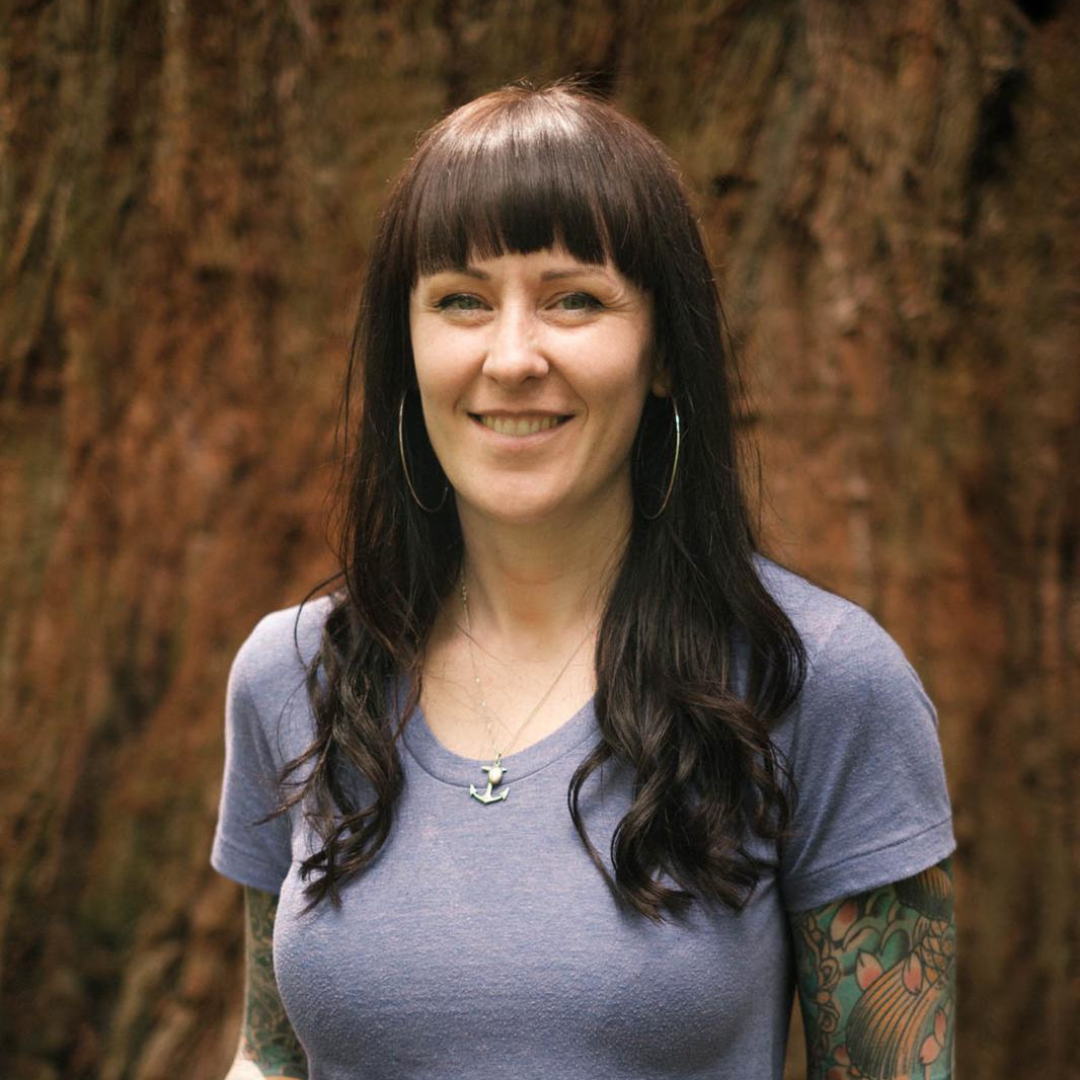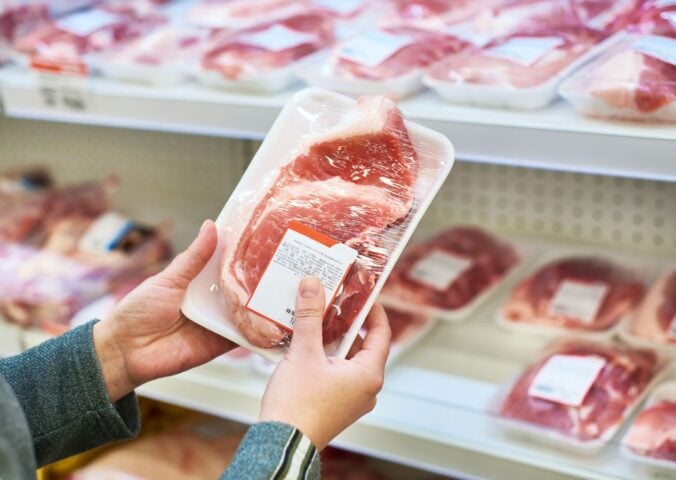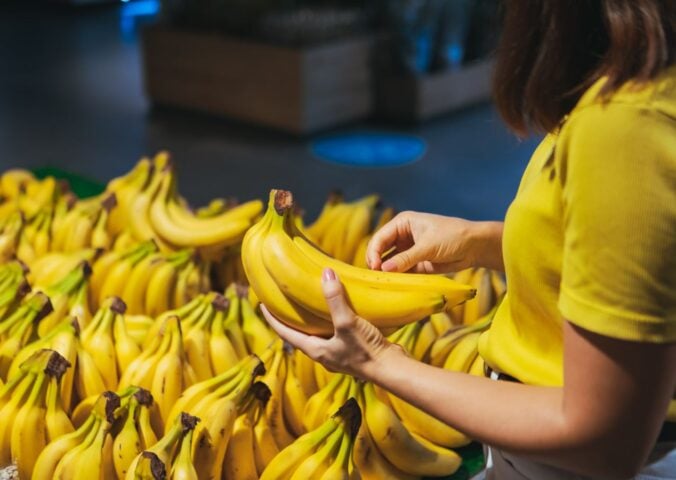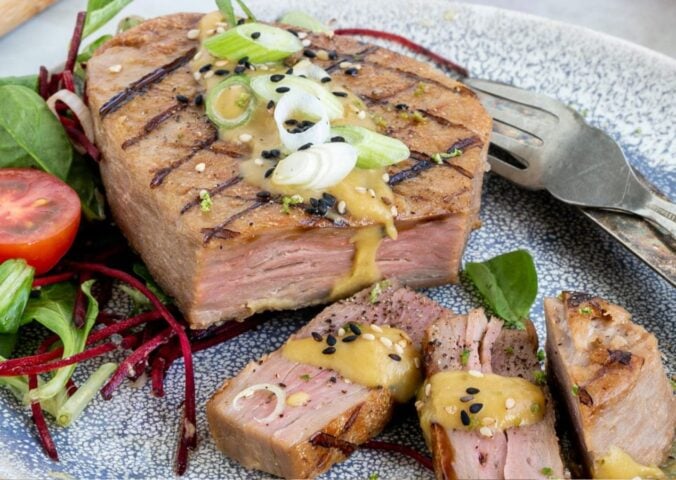I hear you; it’s hard going it alone! You’ve just completed Veganuary, a month-long challenge to eat a plant-based diet and you’re wondering whether you have it in you to continue. Well, of course you do! There’s no need to feel overwhelmed; try to remember why you embarked on the journey in the first place and use that motivation to help keep up the momentum. It’s a new year, it’s a new you.
For most people, the decision to go vegan falls into one of three categories – to minimize animal suffering, improve their health and fitness, or protect the planet. But these reasons are not mutually exclusive and your initial incentive may well have been a combination of all three. People also often find that perhaps they began making the switch to veganism for one reason but then having learnt more about the other benefits, they end up feeling more closely aligned with another. The fact is, these are all great reasons!
For the animals
Without a doubt, farmed animals are the most abused animals on earth – slaughtered in their billions to satisfy the world’s insatiable desire for meat, dairy, fish and eggs. Cruelty and suffering are endemic across the board; whether grass-fed, free range, organic, or intensively reared.
Although freedom from hunger, thirst, malnutrition, pain, injury, disease, discomfort, fear, and distress, as well as the freedom to express natural behaviours, are all protections enshrined in animal welfare laws in many countries, including the UK, the reality is that none of these freedoms can ever be adequately met in farming systems designed to prioritize profits over welfare.
Take chicken for instance, Britain’s favourite meat. These birds are selectively bred to rapidly gain weight in the shortest possible amount of time. They grow so abnormally large that their bodies cannot cope with the strain and they suffer from a whole host of painful health conditions as a result – including heart defects, lameness, broken legs, green muscle disease and organ failure.
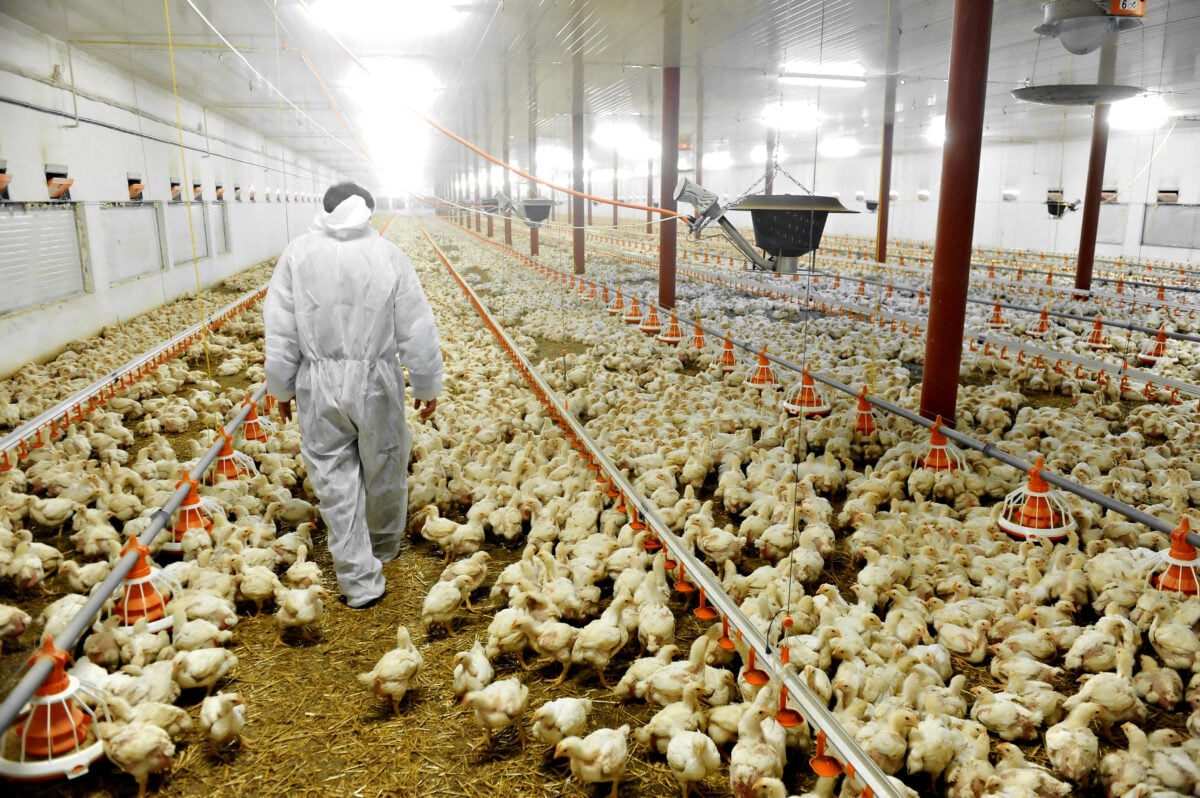
The lives of broiler chickens, often referred to as Frankenchickens, are in fact, so brutal that campaigners have launched a high court challenge over the legality of fast-growing breeds. They argue that the genetic selection of modern broilers, growing 400 per cent faster than their wild ancestors, has such a detrimental impact on the bird’s health and welfare that it contravenes UK law.
Despite the case failing the first time around, there’s hope that the Court of Appeal will see sense and rule in favor of ending such needless suffering.
For your health
When it comes to health, there is a wealth of scientific research that shows vegans have a significantly reduced risk of developing heart disease, type 2 diabetes, dementia, and some cancers, as well as lower cholesterol and increased energy levels. Eric Adams, a prominent US politician and former police officer, currently serving as the 110th mayor of New York City, is just one notable advocate of going vegan for your health, claiming a plant-based diet not only reversed his type 2 diabetes but also restored his vision.
Whilst it’s certainly possible to be an unhealthy vegan, studies have shown that vegans generally eat better than other dietary groups and have friendlier gut bacteria – which can have a huge impact on health. Balanced, wholefood vegan diets are packed full of vegetable protein, fibre, complex carbohydrates, minerals, good fats and vitamins; including B12 when sufficiently supplemented.
Yeast extracts, plant-based milks, yoghurts, desserts, breakfast cereals and spreads, that are fortified with B12 are all good vitamin sources, but supplementing ensures you’re getting at least 50 micrograms per day, which is vitally important.
It’s a misconception that meat and dairy products naturally contain B12, they don’t. Farmed animals are fed a B12 supplement too, which consumers absorb second-hand. But what the animal agricultural industry fails to inform us is that meat products now contain substantially less B12 than they did in the 1990s. Also, B12 absorption declines with age. So, regardless of diet, most people would benefit from taking a B12 supplement, particularly as they get older.
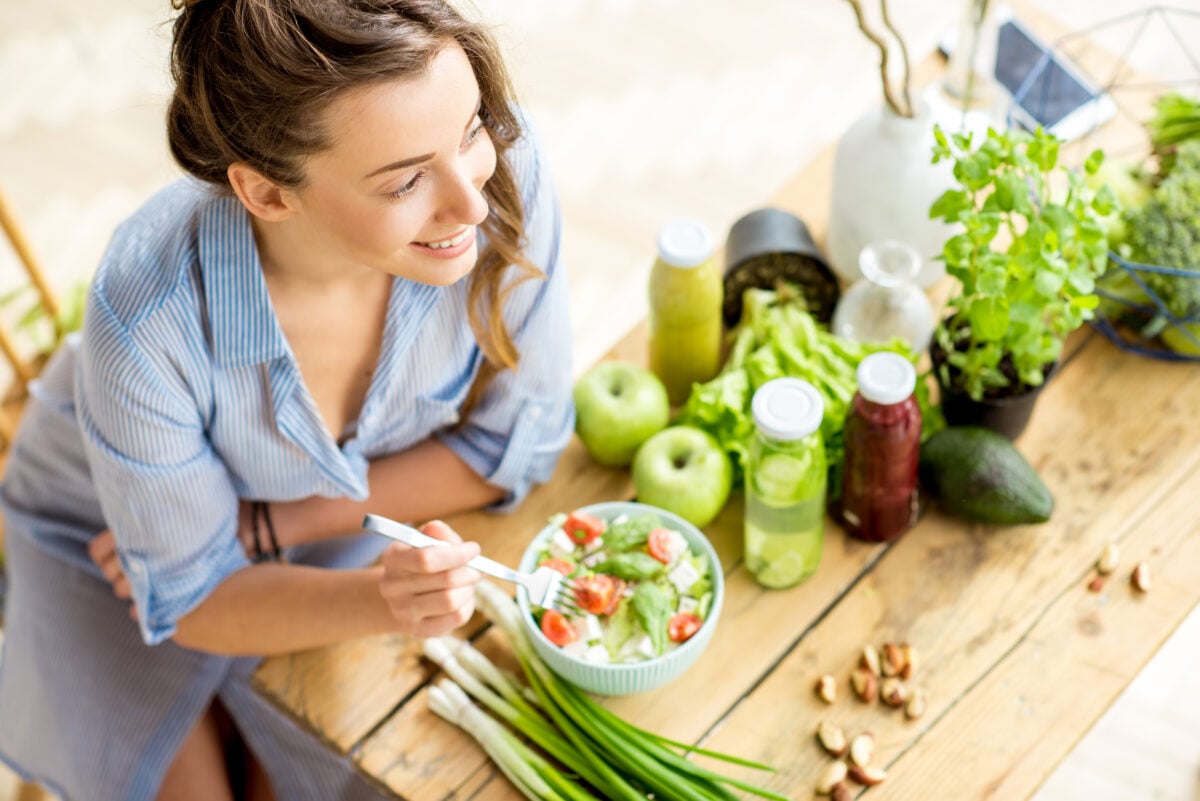
For our planet
As for the planet, world-leading experts agree that our dietary habits are one of the main causes of climate breakdown. Animal farming, including growing feed for farmed animals, contributes a whopping fifth of all global greenhouse gas emissions and is actively fuelling the climate crisis – driving deforestation; air pollution; desertification; water shortages; and wildlife loss. The impact of what we eat is far-reaching and if we fail to slow the progression of climate chaos, global temperatures will soon surpass 1.5C above pre-industrial levels and life as we know it may never be the same again.
Right now, we’re on track for around 2.5C warming by the end of the century, the deadly consequences of which we’re already experiencing – soaring heatwaves, unprecedented wildfires, disastrous floods and mass wildlife extinction. Yet, the UK Government is seriously failing to meet its climate commitments and there is still no mention of dietary change in our environmental targets.
Researchers from Oxford University have highlighted the significant role the food on our plate plays in deciding the fate of humanity. One boldly claimed that “going vegan is probably the single biggest action an individual can take to reduce their impact on the planet”, while others found that by switching to a vegan diet, an individual can reduce their food-related climate heating emissions by up to 75 per cent and their impact on wildlife destruction by 66 per cent.
Staying vegan beyond Veganuary
That’s a lot to keep in mind there! So, now you’ve had your reminder about the whys to go vegan, you might just need a bit more support with the how. Well, let Viva! help you! Our website offers a wide range of resources from how to plan your meals and eat vegan on a budget to which documentaries to watch and where to meet new vegan friends. You’ll also find links to Viva!’s own week- or month-long meal plans (v7 and v30), as well as our Vegan Recipe Club (and incredible new cookbook!) for more mouth-watering inspiration to help you stay committed to being vegan through Veganuary and beyond.


